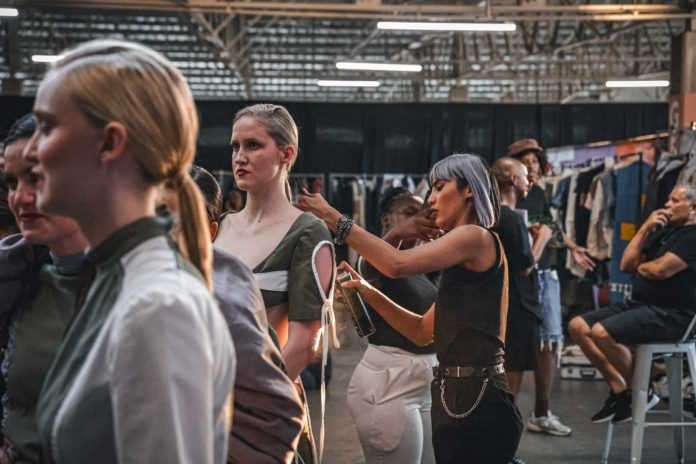In the age of automation and AI, authentic human creativity is taking centre stage. According to the United Nations Conference on Trade and Development (UNCTAD), the creative economy is recognised as a tool of sustainable development. Dr Willie Bouwer, Head of School: Media and Design at JSE-listed higher education provider, STADIO, explains that the creative economy includes all the different aspects of the various creative industries, from graphic design to fashion, and media, among others. The creative sector is also a place where innovation flourishes and where solutions to real-world challenges are often first envisioned. Bouwer affirms that embracing creative qualifications is crucial for preparing students for the evolving employment landscape, as these qualifications cultivate skills essential for jobs of the future.
Design thinking and solutions development
“Innovation is fostered through critical thinking and problem-solving,” Fashion lecturer Terese Potgieter says. “We focus on this through an approach called ‘design thinking’. Contrary to what many people believe, creativity is not just about having ‘aha moments’. Through the right practice, anyone can come up with creative ideas. Through an iterative process, design thinking is able to facilitate the development of creative ideas. The design thinking process starts with user empathy, problem definition, prototyping, ideation, and testing. Within each of those steps, there are specific methods we use. So within ideation, to develop ideas, you can use methods such as brainstorming. In the testing phase, you can apply rapid prototyping or exploratory play. This iterative process and practical methods enable you to come up with creative solutions to multifaceted design problems. In fact, this problem-solving process helps you to solve any kind of problem in the industry, not just a design problem. As such, these skills are useful in the world of work daily.”
Potgieter adds that design thinking is also a human-centred approach, which ensures things don’t only look good – they serve their intended purpose.
The STADIO School of Media & Design includes design thinking in all its qualifications, ranging from visual communication to 3D animation, web design, and business studies, with offerings ranging from short courses to diplomas, degrees and post-graduate courses. The STADIO School of Fashion also includes design thinking in its BA Honours programme and in the second-year BA in Fashion Design qualification. Every STADIO qualification emphasises innovative education with a focus on practical skills development.
Skills for life
“Creative qualifications teach valuable life skills, such as time management, adaptability, attention to detail, technical proficiency, resilience, and collaboration,” adds Bouwer. “Our animation students very quickly realise that they can’t make a film on their own – it takes teamwork. You have to learn to surround yourself with the best people, and you can’t fire your teammate – especially in the student environment – and you have to learn to work together, which prepares you for the real world.”
STADIO School of Media & Design & STADIO School of Fashion qualifications are focused on giving students workplace experience opportunities, such as internships and simulated industry projects (where students are tasked with responding to real-world project briefs).
“This is important for them to see how things operate and to get a sense of what faces them when they enter the job market,” says Potgieter For example, in 2022, the fashion design students had to redesign the uniforms of staff working at a popular quick-service restaurant chain. This meant interacting with a real “client”, which meant they needed to be professional in how they interacted with people, not only in the quality of work they delivered.
With technology evolving faster than ever before, Bouwer says it’s important that young people are equipped to be adaptable and flexible, and creative qualifications are ideal for teaching these skills.












